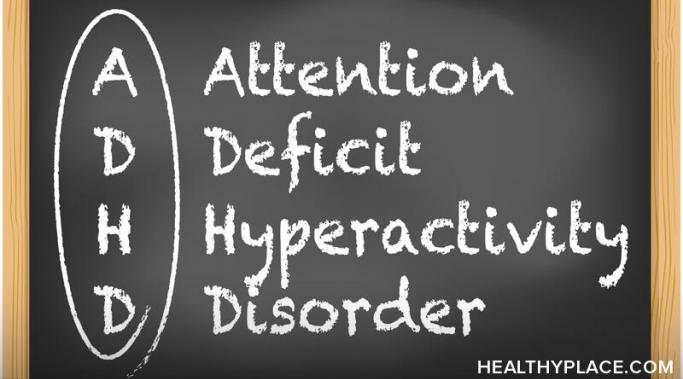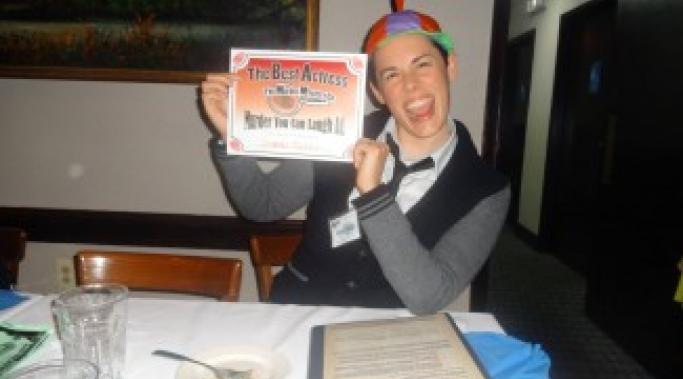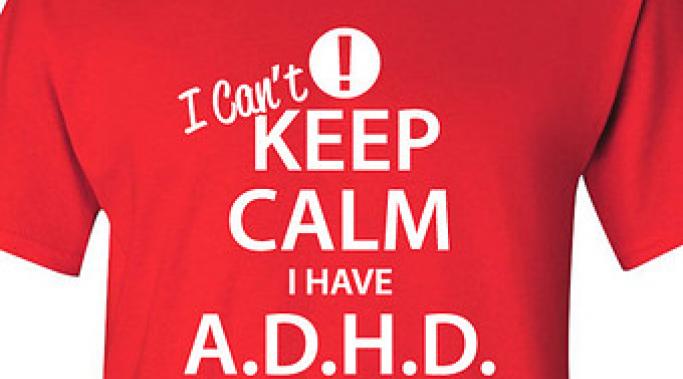I have a disability called adult attention-deficit/hyperactivity disorder (ADHD). ADHD causes many symptom-related problems that I must learn to manage. For instance, if you are blind, you prepare an environment and create habits that make the disability more manageable. I am approaching the disability of ADHD by transforming my environment and creating habits that reduce the problems caused by my ADHD symptoms.
Living with Adult ADHD
My name is Kathy West and I am the new author of Living with Adult ADHD. I am so grateful to share my experiences with this illness and things that have helped me cope more successfully. I want to hear about your experience with attention-deficit/hyperactivity disorder (ADHD) and coping strategies you have discovered. Together, I believe we can improve our lives by sharing these things with one another.
Attention deficit/hyperactivity disorder is the root of many debates ranging from whether it really exists to how to treat it -- if at all. Current public perceptions indicate that ADHD is over-medicated and over-diagnosed, and despite several studies that find the opposite of these beliefs, many people still hold onto these ideas.
We can quote textbooks and specialists all day long, but in the end, it is how we perceive ourselves and our individual conditions that really count. In that respect, is attention deficit/hyperactivity disorder (ADHD) truly a disorder? I don’t like terms like illness, disease, or disorder because they all imply there’s something wrong, and I don’t entirely feel that’s the case.
I'm here to talk to you today about how to make a career choice that would work well with your adult attention-deficit/hyperactivity disorder (ADHD). I had a great job in Boston working for the Unitarian Universalist Association and I loved my supervisor and my colleagues. Still, there was always something about sitting behind a desk that just didn't work for me.
Hello, dear friends with adult attention-deficit/hyperactivity disorder (ADHD). I had a conversation with a fellow the other day and he brought up something I had never considered doing before: setting up my email system so that when I'm sending emails I have to go through an extra step to actually have them sent. There are different ways to do this in email systems and they just might be able to help with our impulsive email sending habits.
A common misconception is that apart from medication, there is little someone diagnosed with adult attention deficit/hyperactivity disorder (ADHD) can do to maintain what passes as order in their life. While it certainly feels like that from time to time, it is simply not the case. There are some things an adult with ADHD can do to stack the odds in his or her favor.
Last night, I had just about the best night ever and I didn't have to think about keeping my hyperactive monster in check or about staying focused. I found the ultimate way to let my adult attention-deficit/hyperactivity disorder (ADHD) reign free! The way my brain wants me to work is to make jokes 99% of the time, move around a lot, make others laugh a lot (did I mention that), switch accents up when talking and entertain people. My brain's desire doesn't always serve me well when it's not kept in check, but it did last night. Why? Because I went to a murder mystery dinner.
Technology is a tool, and like any tool it can be used for either constructive or destructive purposes. When it comes to focus and productivity, it’s wise to embrace all the tools at your disposal when you have adult attention deficit/hyperactivity disorder (ADHD).
At some point in every adult with attention-deficit/hyperactivity disorder's (ADHD) life, there comes a time when she needs to pay it forward. Friday, I had the opportunity to pay forward my history with this disorder to an adult ADHD newbie, a person freshly diagnosed. He was four months post-diagnosis and, he reported, sought help due to some issues at work with attention. At 30, having been diagnosed over 10 years ago, I feel it is my duty to pay it forward and to let newbies in on any insights I might possess that took me years to learn. What should every newbie know - and what should we diagnosed in years past let them in on?









